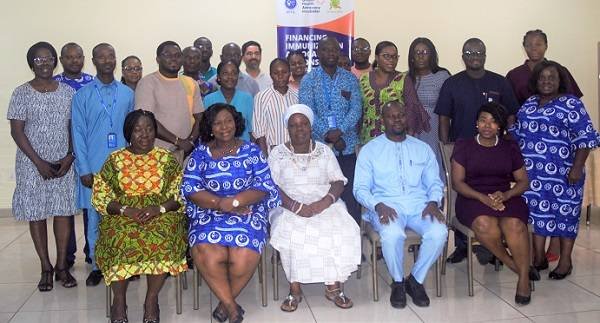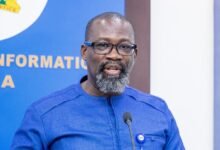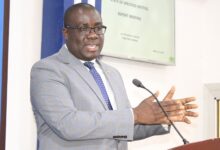Govt urged to use COVID-19 levy for healthcare needs

The government has been called upon to use the COVID-19 levy for procurement of healthcare needs rather than the funds being diverted to other sectors.
That, according to the Member of Parliament (MP) for Techiman North Constituency, Elizabeth Ofosu-Agyare, would underscore the importance of prioritising health-related initiatives and ensuring that resources are allocated to address pressing healthcare concerns of the nation.
The MP was speaking in Accra on Thursday, at the launch of Financing Immunisation Advocacy Response (FAIR) Project, an initiative by the Hope for Future Generation (HFFG), aimed at advocating greater domestic resource mobilisation and increased accountability in the field of immunisation.
The former Minister of Tourism, Culture and Creative Arts, emphasised the need for the country to take full charge of its health initiatives, stressing, “I believe it is time for Ghana, as a country, to take full charge of our vaccine initiatives, because it will ensure timely vaccine access, reduce dependency on external resources and empower the nation to respond efficiently to health crises.”
“Immunisation saves money and is cheaper because it is on record that for every dollar spent, you make fifty two dollars more, because you prevent diseases and save time. So the country should make it a point to make immunisation our priority.”
She called for the continued advocacy for domestic resource mobilisation, asserting that a healthy country required sustained investment in its healthcare delivery.
The Executive Director of HFFG, Mrs Cecilia Senoo in her address, explained that the FAIR Project, supported by the Global Health Advocacy Incubator, a civil society organisation, will play a crucial role in advocating an increase in domestic resource mobilisation at both national and subnational levels.
The focus, she said was dedicated to primary healthcare (PHC) and immunisation service aimed at ensuring the prompt meeting of immunisation obligations.
Additionally, Mrs Senoo said the project aimed to facilitate the introduction of new Gavi-supported vaccines against infectious diseases while ensuring that the country was well-informed and willing to meet any associated increased co-financing obligations.
In a speech read on his behalf, the Director of Public Health, Ghana Health Service, Dr Franklin Asiedu-Bekoe, said the country, through its immunisation programmes, had become a beacon of success for achievements that include the elimination of neonatal tetanus in 2011; non-occurrence of Wild Polio Virus (WPV) since 2008; and a measles-free record from 2003 to 2021.
He further stated that while Ghana had received considerable support from Gavi, the Vaccine Alliance, officials had outlined a transition towards self-financing by 2030.
“The transition road map provides a guide to the gradual and progressive shift from donor financing towards domestically-funded immunisation services (vaccine supply and deployment and strengthening of the health system),” Dr Asiedu-Bekoe said.
He said the government allocated part of its budget to support immunisation, primarily through the National Health Insurance Authority (NHIA).
BY STEPHANIE BIRIKORANG


